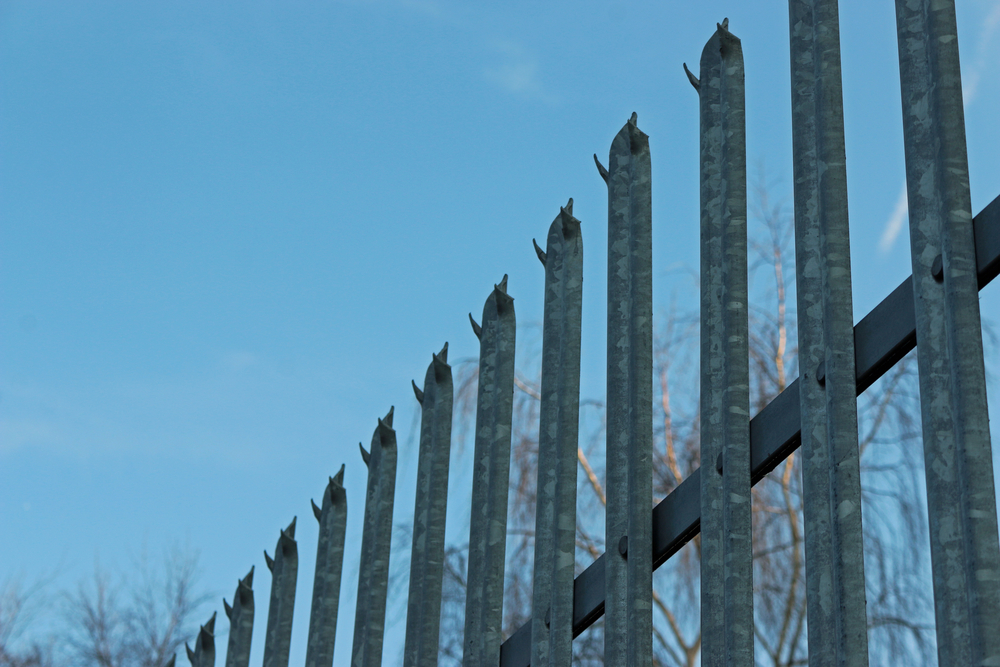
Saving Money and Stress: How a Skilled Divorce Lawyer in Cape Town Can Keep Your Costs Down
When you find yourself in the midst of a divorce, the emotional and financial toll can be overwhelming. At a time when emotions run high, it’s crucial to have a good divorce attorney in Cape Town who not only understands the intricacies of family law but also works efficiently to keep your costs in check.
A skilled attorney can make a significant difference, not only in the outcome of your divorce but also in the overall expense. In this post, we’ll explore how a good divorce lawyer in Cape Town can help keep down costs while representing you in your divorce case.
Mediation and Alternative Dispute Resolution (ADR):
One of the first strategies a good divorce lawyer in Cape Town may employ to keep your costs down is to explore mediation and other Alternative Dispute Resolution (ADR) methods. Mediation allows divorcing couples to work out their differences with the help of a neutral third party. By engaging in constructive dialogue and compromise, mediation often results in quicker and less costly resolutions.A skilled divorce lawyer will be adept at guiding you through this process, helping you to find common ground and negotiate effectively. By opting for mediation when suitable, you can significantly reduce the time and expense associated with court battles.
Thorough Preparation and Documentation:
Your divorce lawyer’s thorough preparation can make a substantial difference in the cost of your divorce. They should ensure that all documentation is organized, accurate, and complete. This includes financial statements, asset and debt inventories, and any other relevant paperwork. By having everything in order from the beginning, your attorney can prevent delays and additional expenses that may arise from missing or incorrect information. Furthermore, a well-prepared lawyer will anticipate potential legal complications and address them proactively.
Transparent and Honest Communication:
Effective communication between you and your divorce lawyer is crucial in minimizing costs. A good attorney will keep you informed about the status of your case, provide realistic expectations, and discuss the potential financial implications of various decisions. This transparency can help you make informed choices that align with your financial resources and objectives. Your lawyer will also encourage open communication with your spouse’s legal representative. When both sides can cooperate to some extent and reach agreements on certain matters, it can significantly reduce legal fees. Your lawyer will be skilled in negotiation and conflict resolution, working to find common ground and minimize contentious issues that can lead to court battles.
At DivorceLawyerCapeTown, our team of experienced divorce attorneys is committed to providing high-quality legal representation while being mindful of your budget. Our primary focus is to guide you through the divorce process in the most cost-effective way possible.
In addition to the strategies mentioned above, our lawyers have a few additional tips to help you manage the costs of your divorce:
Stay Organized: Keep track of all communications, documents, and financial records related to your divorce. This not only helps you stay informed but also assists your lawyer in efficiently handling your case.
Explore Collaborative Divorce: Collaborative divorce is a cooperative approach where both parties, along with their lawyers, work together to reach a settlement. It can be a cost-effective alternative to traditional litigation.
Consider Limited Scope Representation: If you’re looking to save on legal fees, you may choose limited scope representation, where you hire an attorney for specific tasks or portions of your case, rather than full representation.
Understand Legal Fees and Billing: Make sure you understand your lawyer’s fee structure and billing methods. Clear communication about fees can help prevent unexpected expenses.
Overall, a good divorce lawyer in Cape Town plays a vital role in keeping down the costs of your divorce. By employing mediation and ADR, ensuring thorough preparation and documentation, promoting transparent communication, and utilizing other cost-saving strategies, they can help you navigate the challenging process with financial prudence.

